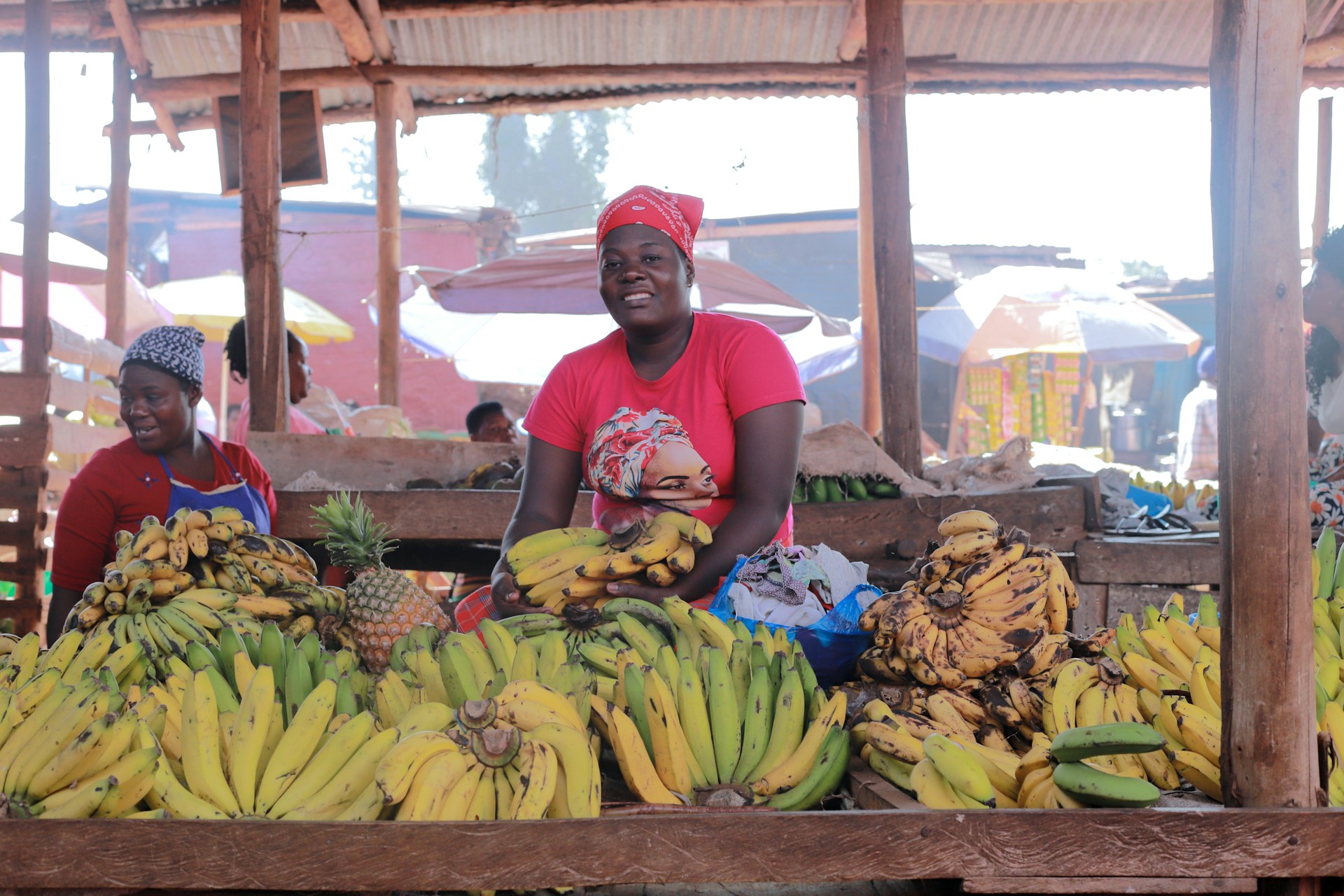- Food inflation jumps, straining household budgets
- Core inflation and fuel costs ease despite headline rise
DAR ES SALAAM, TANZANIA – Tanzania’s annual inflation rate in October rose marginally to 3.5%, driven mainly by higher food prices that continue to squeeze household purchasing power despite broader price stability.
The National Bureau of Statistics (NBS) said headline inflation climbed from 3.4% in September, noting that the overall index “rose from 115.54 in October 2024 to 119.63 in October 2025.” The increase marks the sharpest pace since June 2023 and reflects persistent pressures across an economy that traditionally maintains low and stable inflation.
Food prices – which make up 28.2% of the consumer basket – were the principal driver of the rise. Inflation for food and non-alcoholic beverages increased to 7.4% year-on-year, up from 7.0% in September, with staples such as cereals, vegetables and legumes accounting for most of the jump.
“The increase of the headline inflation rate was mainly attributed to the increase in the prices of some food items,” the NBS said.
Monthly relief but underlying pressures remain
On a month-to-month basis, the National Consumer Price Index (NCPI) slipped slightly, “from 119.86 in September 2025 to 119.63 in October,” offering modest relief for consumers. Items contributing to the easing included sorghum, millet, maize, bakery products, poultry, dried sardines, vegetables, bananas, beans, lentils and peas.
Core inflation — which strips out volatile food and energy components — eased marginally to 2.1% from 2.2% in September. The bureau said the measure helps policymakers “obtain a more stable measure of inflation,” crucial for interest-rate planning and economic forecasts.
Fuel and household energy costs also moderated in October, helping offset the surge in food prices and preventing a sharper rise in the headline figure.
The Bank of Tanzania held its benchmark rate at 5.75% in October, after a 25-basis-point cut in July meant to support economic activity. At the time, Governor Emmanuel Tutuba said the decision “reflects the outlook for stable inflation within the target range of 3% to 5%, alongside expectations of continued robust economic growth.”
But with food inflation now sitting nearly 150 basis points above headline inflation, analysts say the central bank could face mounting pressure to reassess its policy stance in the coming months.
The economy expanded by 5.4% in the first quarter of 2025, and the International Monetary Fund expects full-year growth to reach 6.0%, supported by strong infrastructure investment, public spending and sustained agricultural performance.
The start of electricity generation from the Julius Nyerere Hydropower Dam is expected to further boost productivity, lower energy costs and stabilise supply chains – factors that could help ease inflation in the medium term.
Still, for many Tanzanian households, food prices remain the most immediate concern, particularly as wage growth lags behind the rising cost of living.










